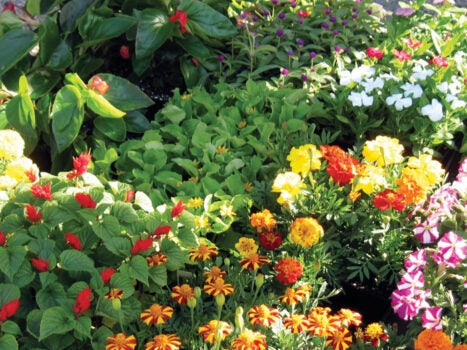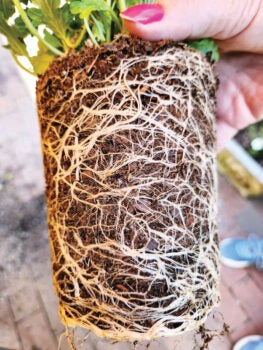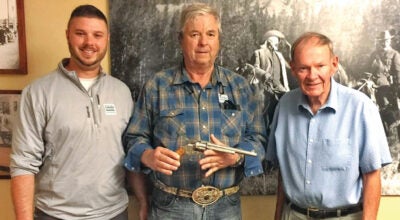Darrell Blackwelder: Time to plant annual flowers
Published 12:00 am Saturday, May 11, 2024
Summer weather has arrived, and spring pansies and other annuals are beginning to fail with the increasing heat of summer. Even though the annual plantings may still look beautiful, it is time to decide which summer plants you need to replace them. Garden centers and retail outlets are bustling so it’s important to select your favorite annuals soon. The longer you wait, the slimmer the selection and availability.
Garden centers and retail outlets always have new varieties of annuals each year. You may or may not be able to plant your favorite color or variety this season. Bedding plant availability is like the fashion industry; what was hot last year isn’t in style this year. It’s always best to experiment each planting season and try new plants with different flower shapes and colors.
When pansies and other plants are removed its best to remove all their roots from the soil. Leftover roots often harbor insects or disease problems which could be a future problem for summer annuals. Finely till the planting beds and add new fresh soil if needed. Allowing the soil to stand a few days before planting will help reduce existing disease and insect pests.
Select summer annuals that are healthy and turgid. Pay close attention to the information tags, especially new varieties. Dwarf to some gardeners is 12 inches while some dwarf plants may grow to 3 feet. Avoid those that are too small or are overgrown in cell packs or containers. Check the roots to make sure they are healthy and white. Avoid undergrown or dark brown fibrous roots. When planting, choose a cloudy day if possible or late in the afternoon to avoid heat stress to tender container plants. Adding fine bark mulch will help conserve water and reduce weed growth. Water thoroughly with liquid fertilizer high in phosphorus to help get the plants firmly established as quickly as possible.
Darrell Blackwelder is the retired horticulture agent and director with the North Carolina Cooperative Extension Service in Rowan County. Contact him at deblackw@ncsu.edu.





